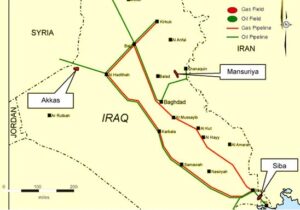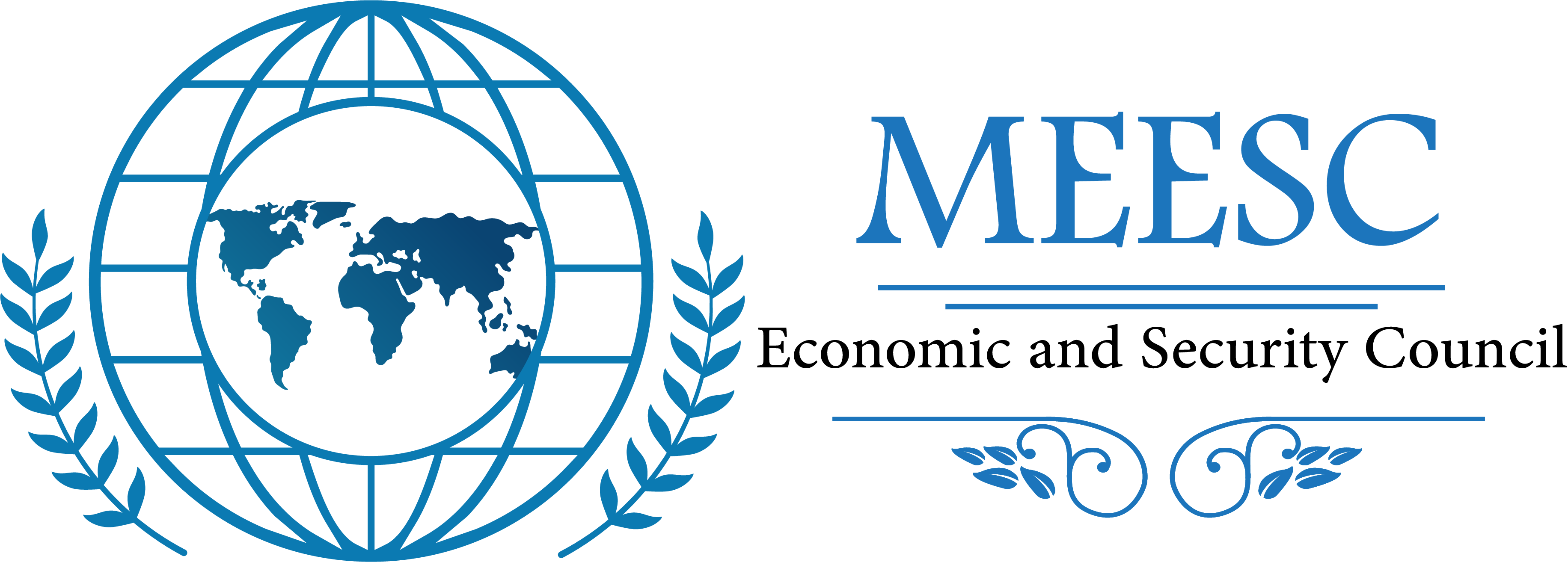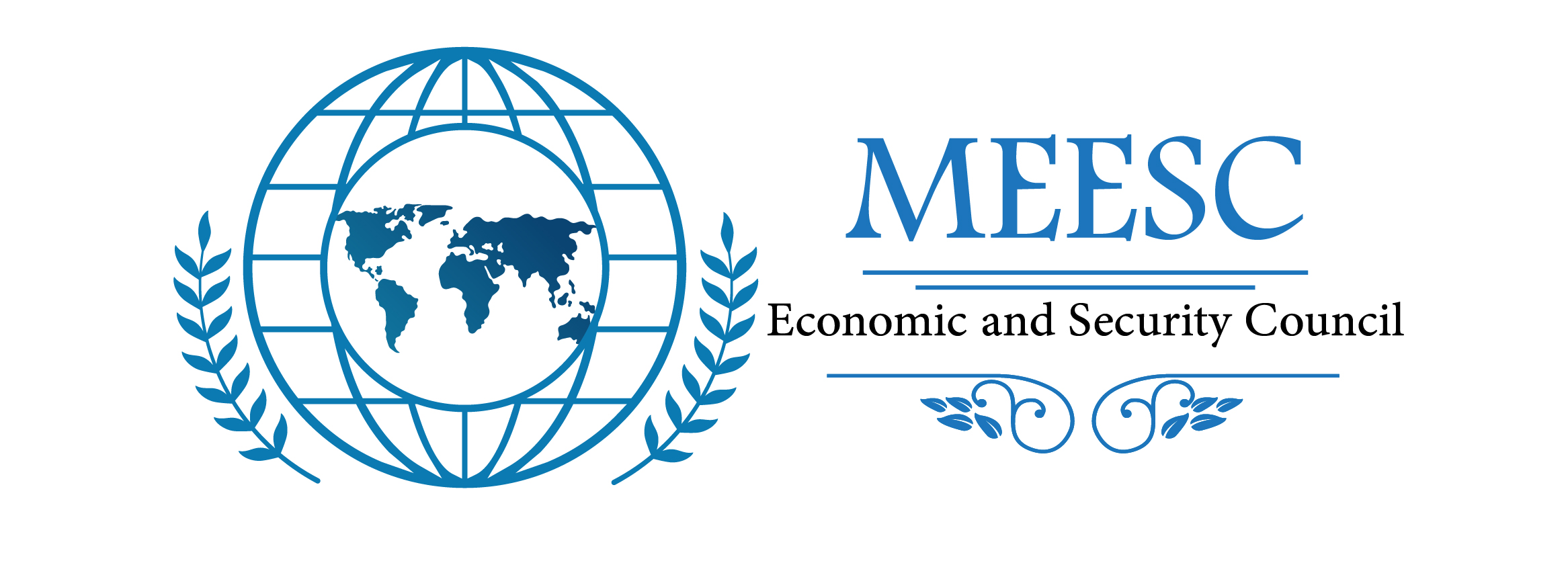Suggested by Kamal Mashhadani 
If the Middle East Economic and Security Council (MEESC), alongside its strategic ally (e.g., the United States), were to invest in Iraq’s natural gas sector, the initiative could transform Iraq into a key energy hub, with wide-ranging benefits for both the country and the broader region. Here’s how such an investment could unfold and its potential impacts:
Strategic Framework for Investment
1. Infrastructure Development:
• Build and modernize natural gas extraction, processing, and transportation infrastructure, including pipelines, storage facilities, and export terminals.
• Develop liquefied natural gas (LNG) plants to enable global exports.
2. Energy Sector Modernization:
• Invest in advanced technologies for efficient gas extraction and processing, reducing flaring and environmental impact.
• Diversify Iraq’s energy mix by utilizing natural gas for domestic power generation and industrial use.
3. Public-Private Partnerships:
• Engage local and international private companies to co-invest in natural gas projects.
• Create special investment zones to attract foreign direct investment (FDI) with tax incentives and streamlined regulations.
4. Regional Collaboration:
• Integrate Iraq into regional energy networks, exporting natural gas to neighboring countries while meeting domestic needs.
• Foster joint ventures between Iraq and other Middle Eastern nations to develop shared infrastructure, such as cross-border pipelines.
Benefits for Iraq
1. Economic Growth:
• Natural gas exports would generate significant revenue, diversifying Iraq’s economy beyond oil dependency.
• Increased foreign investment would create jobs, boost industrial growth, and stimulate related sectors, such as construction and transportation.
2. Energy Independence:
• Utilizing domestic natural gas would reduce Iraq’s reliance on imported fuels for electricity generation.
• Affordable and reliable energy would support industrial growth and improve the quality of life for citizens.
3. Environmental Impact:
• Reducing gas flaring (burning off excess natural gas) would lower greenhouse gas emissions, contributing to global climate goals.
• Natural gas, being cleaner than oil or coal, would help Iraq transition toward a more sustainable energy future.
4. Political Stability:
• A thriving energy sector would provide the Iraqi government with resources to address economic grievances, reducing unrest.
• Regional energy cooperation could strengthen Iraq’s geopolitical position and foster better relations with neighboring countries.
Benefits for the Middle East Region
1. Energy Security:
• Increased production and export capacity from Iraq would diversify the region’s energy sources, reducing reliance on oil.
• Natural gas pipelines and energy trade would enhance regional energy interdependence, promoting stability.
2. Economic Integration:
• Joint energy projects would strengthen economic ties between Iraq and its neighbors, creating a more interconnected and prosperous Middle East.
• Access to affordable natural gas could boost industrial growth across the region.
3. Regional Stability:
• Economic cooperation through energy projects would foster collaboration and reduce conflicts over resources.
• Shared prosperity could promote political and social stability across the region.
4. Global Impact:
• Iraq’s entry as a major natural gas exporter would contribute to stabilizing global energy markets.
• Partnerships with allies, such as the U.S., would enhance the region’s role in global energy security.
Challenges to Address
1. Infrastructure Gaps:
• Significant investments are needed to build and modernize infrastructure for natural gas production and export.
2. Political Instability:
• Ensuring political and security stability in Iraq is crucial for the success of large-scale investments.
3. Regulatory Framework:
• Iraq needs to establish clear and transparent regulations to attract and protect investors.
4. Environmental Concerns:
• Proper measures must be taken to ensure that natural gas projects are environmentally sustainable and socially responsible.
Long-Term Vision
By leveraging investments in natural gas, Iraq could:
• Establish itself as a major player in the global energy market.
• Transform into an economic powerhouse, driving regional integration and cooperation.
• Serve as a model for resource-driven development, showing how strategic investment can foster stability and growth in the Middle East.
For the broader region, this initiative would highlight the power of collaboration through MEESC, strengthening the collective economic and security framework for a more prosperous and stable future.

